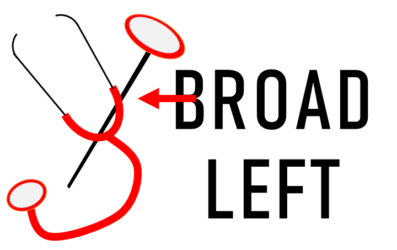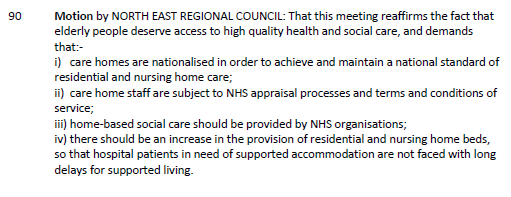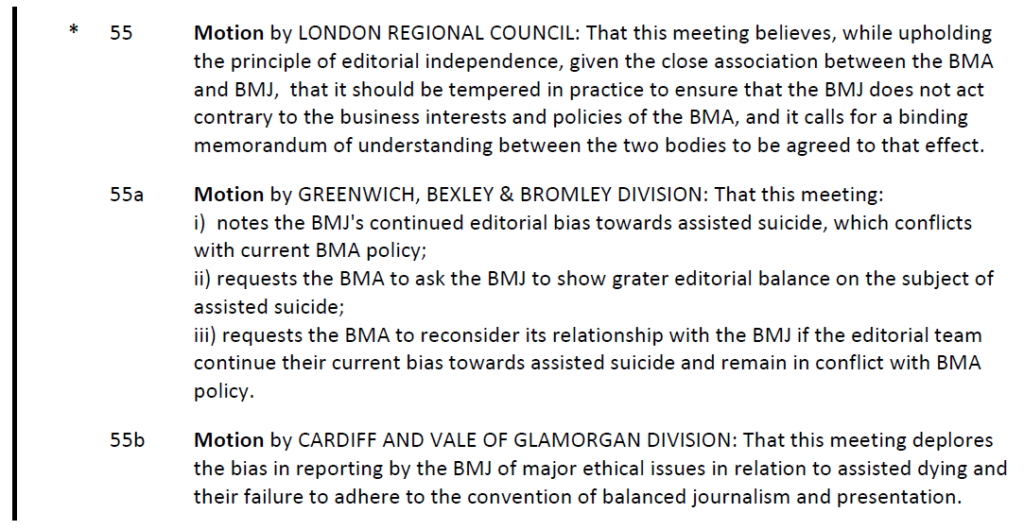At the BMA’s Junior Doctors Conference this month (7th May 2022) members from all 4 UK nations voted overwhelmingly to demand full real-terms pay restoration to 2008 levels by supporting the motion COMP 1 (pictured). In real terms junior doctors working in England are paid around 25% less than their equivalent colleagues were 14 years ago. In nations such as Scotland where devolved governments set public sector pay policy, despite pay awards often being higher percentages than those given in England, pay erosion is actually even worse.

The reasons for pay parity with 2008 have been laid out before but, put simply, we all know in our gut that we are not worth only three quarters of what our colleagues were during the financial crash of the 2000s. If anything the job has got more technical and responsibilities have increased, even if what we take home at the end of the month hasn’t.
Demands for full pay restoration have not materialised overnight and come off the back of work that the Broad Left- and more recently and visibly the Doctors Vote campaign- have been doing. In May 2021 we achieved BMA policy of demanding a 15% pay rise to take us halfway there. But, in Scotland, we never even made it this far.
As pay is set by the government in Edinburgh, so is BMA policy for pay and negotiations in Scotland. The Scottish Junior Doctors Committee of 2020/21 voted not to adopt the 15% goal and instead decided to stick to the status quo that has already led to more than a decade of stagnant or swindled income.
Traditionally, BMA Scotland presents evidence to the Doctors’ and Dentists’ Remuneration Body (DDRB) in a united, pan-Scotland way with a single pay demand. For the 2022 pay round this was “inflation plus 2%”. There are some positives to this: linking pay to inflation was a significant policy position made at this conference for UKJDC and, if permanently linked to RPI, would stop our pay being eroded by political choices that lead to high rates of inflation.
However a pay rise of 2% in real terms is shamefully inadequate given the years of erosion already imposed. Our pay has dropped around 30% in 14 years and, with BMA Scotland’s current goal, it would take us 14 years again before our pay approached the 2008 baseline. This is longer than an entire training pathway for many juniors!
So, what do we do about it? There is something we can all do immediately, but more of the work needs to be done over the medium to long-term so we can build a movement capable of winning an ambitious- but ultimately achievable- demand.
Bluntly, we are at least a year behind our colleagues south of the border in terms of securing our worth. We have not invested the time or resources into educating our members about pay erosion that both UKJDC and grassroots online groups have done. We need regular and useful comms output to help bring Scottish doctors with us; this includes social media, physical media in workplaces, a pay loss calculator hosted on BMA sites.
A first step towards this is an online pay Q&A on June 8th (sign up here Online Event Registration Form). A high turnout will be noticed by elected reps and will be further proof that we want more radical action on pay and are willing to turn out and spend our time to make our voices heard. The new Email your MSPs template has space to customise the message, which we can use to wake up our Holyrood representatives to the fact they have been degrading our pay- and the health service as a result- for years. The analysis lined up for these two tools looks thorough and useful so engagement with them, viewing them as a launchpad for more, is worthwhile.
But beyond this we need to keep telling SJDC that pay is our priority. Email your reps, find them in your workplace and make it clear that our members support the conference position of seeking full pay restoration; it will help current reps deflect criticism that a focus on pay is unhelpful and not representative of our members, some of the critiques levelled at pro-restoration reps in Scotland.
Over the next year, we must re-examine our relationship with the DDRB. English junior doctors have not engaged with it for years as it is broken and in desperate need of reform. This year English consultants took this position too, striking another blow to the DDRB’s legitimacy in its current form. Scottish doctors still present evidence to the DDRB and turn up to talks with them. This undermines our English colleagues and wins absolutely nothing for us; the Scottish government has ignored even the paltry increases they’ve recommended in the past and probably will again. By walking away and eventually negotiating directly with the Scottish government until it is reformed, we reclaim power from the bureaucrats and send a message that our union is alive and kicking.
We do not act in a vacuum and SJDC need to be taking note of the mandate given by conference for planning radical action in England. We need to immediately commence a campaign to prepare, educate and organise rank and file junior doctors in Scotland so that we are adequately prepared to support our colleagues in the event of English industrial action. Besides being the right thing to do, winning in England will pile the pressure on the Scottish government to keep up, else they face an exodus of junior doctors southwards. Solidarity with any ballot and subsequent industrial action will give us a blueprint and help to inform any action Scottish doctors may need to take in the future, when nothing should be off the table.
But finally and imminently, you have the power to change all this. Across Scotland, regional BMA committees for juniors- LNCJDSs- are chronically underfilled as engagement is rock bottom. But who’s really surprised given the stresses of the pandemic and the seeming inertia in some crucial areas?
Stand for these committees and then stand for a seat on SJDC, or stand for one of the two seats in the upcoming national SJDC elections. Information about election timetables should be made available soon- they will open at the end of July, so follow your Broad Left reps and BMA Scotland accounts on Twitter.
Now is the time to take an active role in our union, or even to re-join it. If you’re excited by the progress being made in England, help us harness that momentum north of the border and make meaningful steps towards proper pay restoration. We are not worth less than our peers in England, so make sure we are not complicit in demanding any less than them- any less than we deserve.






